In the Debrisoft II case, the Federal Supreme Court ruled as a guiding principle whether and to what extent the principles of exhaustion of trademark rights in parallel imports of medicinal products also apply to medical devices would only be relevant in the case of repackaging or re-labelling.
 In the Debrisoft II case, however, it was not a case of such a repackaging, the Federal Court of Justice ruled following the relevant ruling of the ECJ of 17 May 2018 – we reported (ECJ rulings on parallel imports: Does re-labelling count as repackaging?). The affixing of a small sticker on an unprinted part of the unopened original packaging identifying the person responsible for placing it on the market does not constitute repackaging within the meaning of re-labelling.
In the Debrisoft II case, however, it was not a case of such a repackaging, the Federal Court of Justice ruled following the relevant ruling of the ECJ of 17 May 2018 – we reported (ECJ rulings on parallel imports: Does re-labelling count as repackaging?). The affixing of a small sticker on an unprinted part of the unopened original packaging identifying the person responsible for placing it on the market does not constitute repackaging within the meaning of re-labelling.
In its judgment, the Bundesgerichtshof (BGH – Federal Court of Justice) assessed that the assertion of a trade mark by the trade mark proprietor for the purpose of opposing the marketing of the repackaged goods under the trade mark would contribute to artificial partitioning of the markets between Member States. That is the case, in particular, where the trade mark proprietor has placed the same medicinal product on the market in different Member States in different packages and the repackaging by the importer is necessary in order to be able to market the medicinal product in the Member State of importation.
The following principles apply to repackaged goods:
- That the repackaging cannot affect the original condition of the product contained in the packaging.
- The new packaging shall clearly indicate who repackaged the medicinal product and who is its manufacturer.
- The reputation of the trade mark and its proprietor must not be damaged and the packaging must therefore not be defective, of poor quality or untidy.
- The importer shall inform the trade mark proprietor before the repackaged product is placed on the market and, on request, supply him with a sample of the repackaged product.
- In the present case, however, no repackaging has taken place, the concept of repackaging including, according to the case-law of the Court of Justice of the European Union, the relabelling of medicinal products bearing the trade mark.
Judgement of Federal Court of Justice
In the judgement Debrisoft II of BGH (I ZR 165/15) as according to the previous judgment of the European Court of Justice of 17 May 2018 (C-642/16), it is not a matter of repackaging, because:
- the packaging of the medical device concerned has not been altered
- the original presentation of the packaging was not affected
- the original brand of Lohmann & Rauscher was visible
- the small sticker of Junek Europ-Vertrieb identified the parallel importer as the person responsible for placing the product on the market, stating his contact details, a bar code and a central pharmaceutical number
Exhaustion of trademark rights
Whether and to what extent the exhaustion of trade mark rights under EU Regulation 40/94 (exhaustion of the rights conferred by the Community trade mark (Article 13 of EU Regulation 40/94) also applies to medical devices – this question only arises if there is repackaging, the Federal Court of Justice ruled. It is only on legitimate grounds that the proprietor of a Community trade mark may oppose further commercialisation of the goods, in particular where the condition of the goods has been altered or impaired since they were put on the market.
However, the European Court (ECJ) had stated in its reasoning (C-642/16) that the affixing of such a sticker, as in the Debrisoft case, did not affect the indication-of-origin function of the trade mark and was not a legitimate reason for the trade mark proprietor, within the meaning of Article 13 (2) CTMR, to oppose further marketing of the medical device. In such a case, the trade mark right under Article 13(1) is exhausted. With this reasoning, the European Court of Justice had therefore referred to the exhaustion of trademark rights for a medical device.
In this proceedings before the BGH, however, the appeal of the parallel importer Junek Europ-Vertrieb turned against the assumption of the Court of Appeal that an exhaustion of trademark law, as in the case of parallel imports of pharmaceuticals, should also be based on principles applicable to medical devices. The principles were developed by the Court of the European Union for the parallel importation of medicinal products. According to them, the lack of prior information of the trade mark proprietor in the event of a dispute and the fact that the trade mark proprietor is also required to provide a sample of the packaging, which is also missing here, are conditions for exhaustion.
Parallel imports of medicinal products and medical devices – lead decision
The BGH acknowledged the appeal and disagreed with the acceptance of the Court of Appeal. The Federal Supreme Court therefore dismissed the action brought by the Debrisoft trademark owner Lohmann & Rauscher International, set aside the judgment of the Regional Court and ruled in the Debrisoft II case in the following guiding decision:
(1) The question whether and to what extent the principles of exhaustion of trade mark rights laid down in Union law by the Court of Justice of the European Union also apply to medical devices (here: dressing materials for wound care) in the case of parallel imports of medicinal devices arises only if the importer has repackaged the product, whereby the concept of repackaging also includes the relabelling of medicinal products bearing the trade mark.
(2) Where the packaging of the product concerned has not been altered and the original presentation of the packaging has not been affected in any way other than by the affixing of a small sticker to an unprinted part of the unopened original packaging of the medical product in question, which does not conceal the trade mark and identifies the parallel importer as responsible for placing the product on the market, indicating his contact details, a bar code and a central pharmaceutical number, the affixing of such a sticker to the original packaging cannot be regarded as repackaging.
Maybe also interesting:
- ECJ places a cap around parallel import and free movement of goods: Pfizer Pharmaceuticals wins
- SPC not permitted for medical device!
- Decentralised authorisation procedure in case law of the ECJ
- Import of goods: When do patent infringements matter transnational?
Patent protection for medical devices or pharmceutical products or processes – an issue for you too?
We would be pleased to support you.
Our lawyers are experienced in trademark and patent law, national and international law, and they are experts in the field of pharmacy and chemistry.

Sources:
Judgement of BGH Debrisoft II (in German)
Picture:

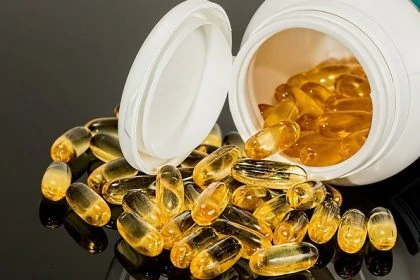
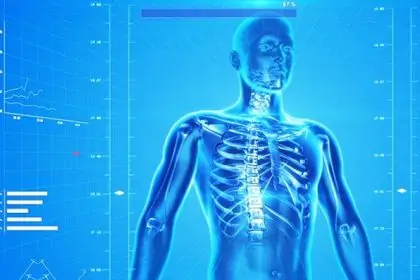
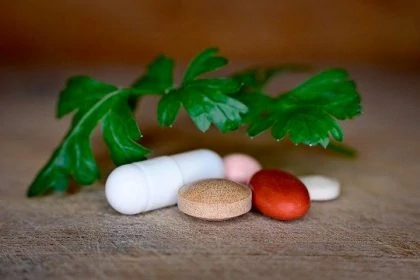
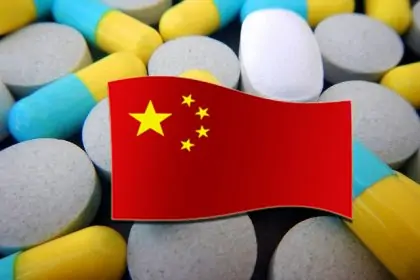

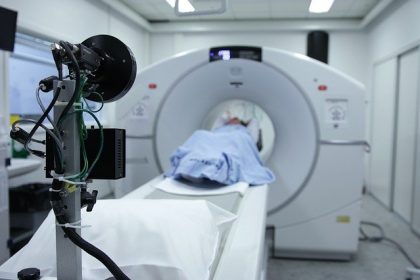
Leave a Reply